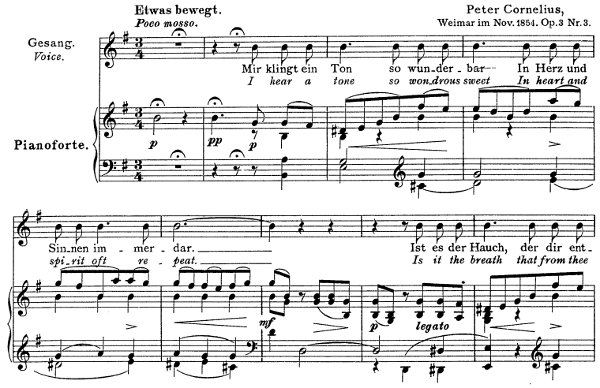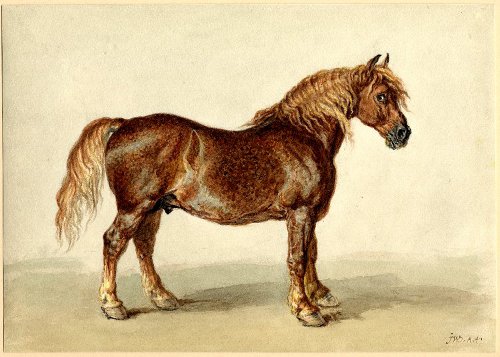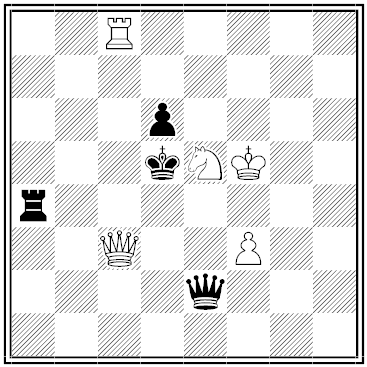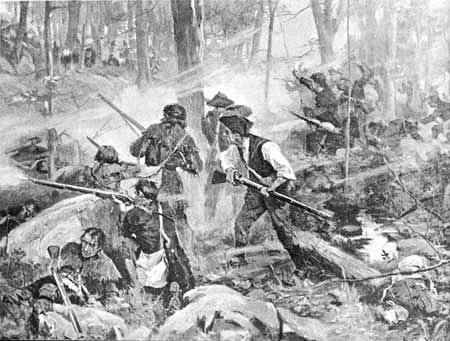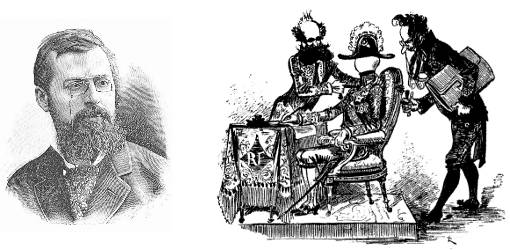
French science fiction writer Albert Robida has been lost in the shadow of Jules Verne, but in the 1880s he was widely popular for a trilogy of illustrated novels imagining life in the 20th century. He predicted social upheavals around the time of our two world wars and foresaw transatlantic air travel, home shopping, video telephones, and a feminist revolution. But his greatest innovation was one we haven’t reached yet — a president made of wood:
And he is really well made. See the hand that’s holding the pen? It is secured in position. You can try pushing and pulling it all you want, it won’t budge! There is a secret lock. Absolute security! The mechanism is extremely complex; there are three locks and three keys. The prime minister has one, the president of the chamber has another one, and the president of the senate has the third. A minimum of two keys is requested to activate the mechanism. In case of conflict between the prime minister and the president of the chamber, the president of the senate is summoned with his key. He stands with one side or the other and introduces his key into one of the locks. The mechanism is activated, and the automatic president signs away!
“He shall reign, but not govern,” explains a citizen. “The power will remain in the hands of the nation’s representatives. … The monarchists’ main objection to democracy has always been its inherent instability. With this wooden president, democracy equals stability!”


